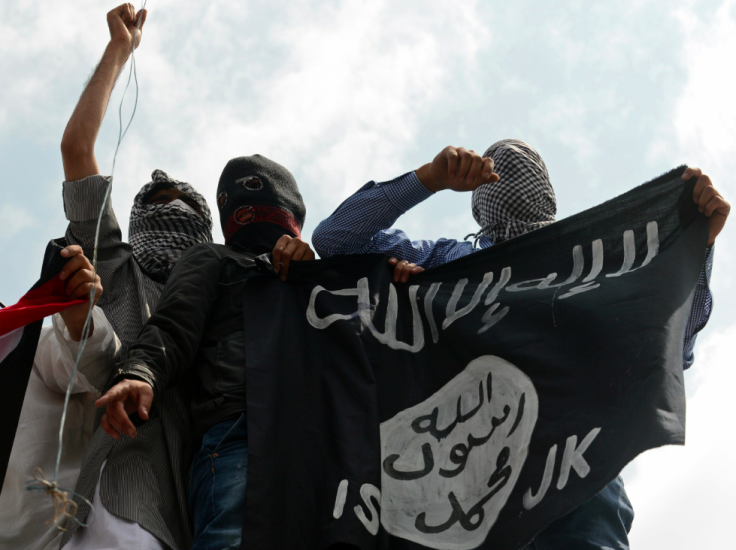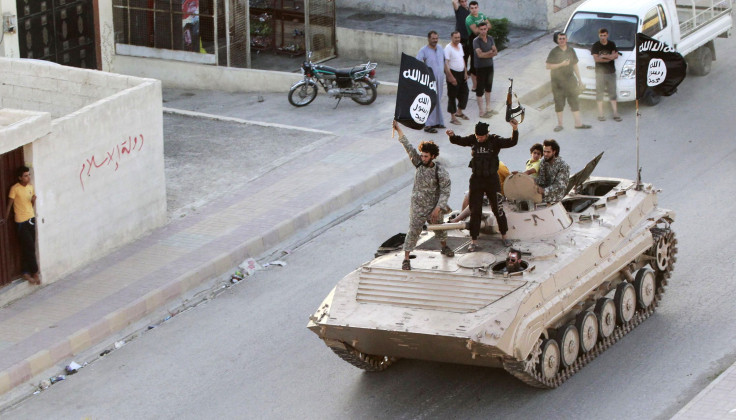ISIL, ISIS, Islamic State, Daesh: What's The Difference?

After the Islamic State group, the extremist organization that controls large parts of Iraq and Syria, took responsibility for the slaughter in Paris Friday night, many people may be confused about the name of the group, which has several different iterations. The terrorists are known variously as ISIS, ISIL, the Islamic State and Daesh -- so what’s the difference?
Islamic State: This is the English version of what the terror group calls itself. It also claims to be a caliphate, which is a state ruled by a caliph, which is Arabic for "successor," meaning successor to the Islamic Prophet Muhammad. The last generally acknowledged Muslim caliphate was the Ottoman Empire, which ended in 1923. Many governments and media refuse to use this name because it gives the group legitimacy as a state and a representative of Islam.
ISIS: The militant group, which began as the Iraqi branch of al Qaeda during the U.S. occupation, gained this name after it invaded Syria in 2013. ISIS is short for "Islamic State in Iraq and Syria," or "Islamic State of Iraq and al-Sham," which is an old Arabic term for the area.
ISIL: ISIL translates to “Islamic State of Iraq and the Levant.” The Levant is a geographical term that refers to the eastern shore of the Mediterranean -- Syria, Lebanon, Palestine, Israel and Jordan. It’s the term the U.S. government uses since the "Levant" is apparently a better translation for al-Sham, the Arabic name for the region.
Daesh: This is a term the militant group hates. French President François Hollande has used it since the attacks Friday, and first used it in September 2014. It’s an Arabic acronym for “al-Dawla al-Islamiya fi al-Iraq wa al-Sham.” It can sometimes be spelled DAIISH, Da'esh or Daech, a popular French version. The hacktivist group Anonymous and President Barack Obama have used the term since the deadly terrorist attacks in Paris.
Thanks to Arabic wordplay, it could also be an insult. “Depending on how it is conjugated in Arabic, it can mean anything from ‘to trample down and crush’ to ‘a bigot who imposes his view on others,'" Boston Globe writer Zeba Khan reported in October 2014. ISIS threatened “to cut the tongue of anyone who publicly used the acronym Daesh, instead of referring to the group by its full name,” the Associated Press wrote in September 2014.

Follow me on Twitter @mariamzzarella
© Copyright IBTimes 2024. All rights reserved.












